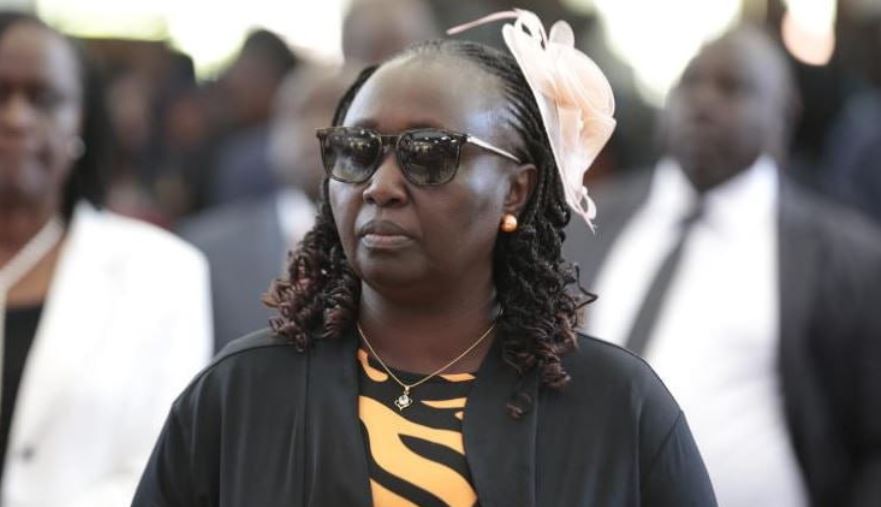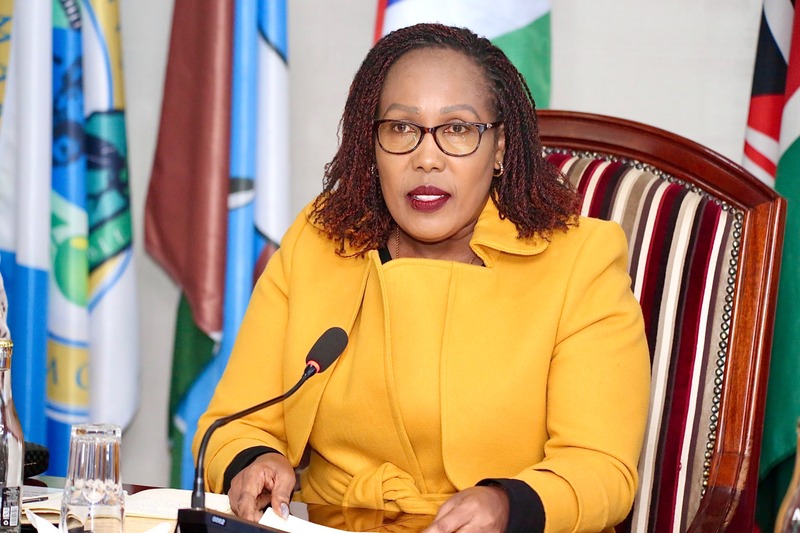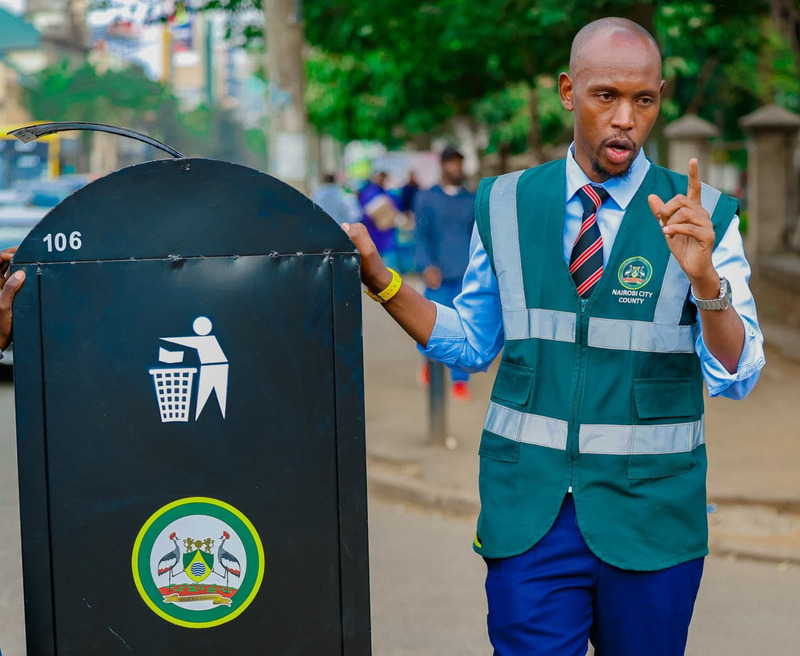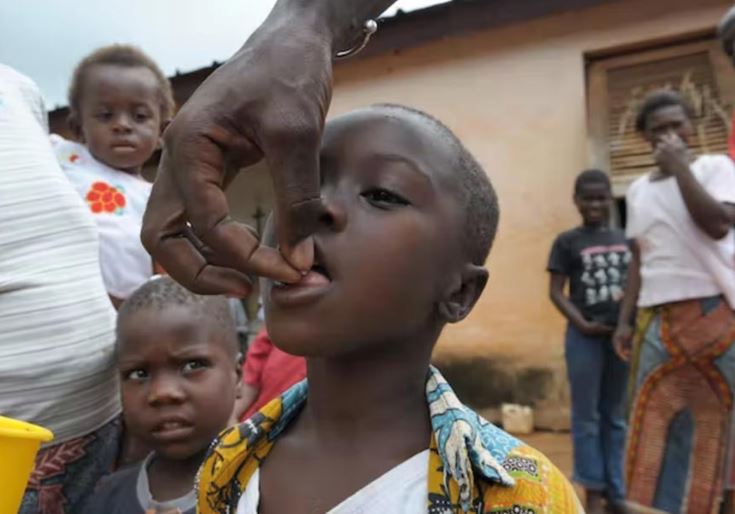Kenya lost 5,578 women to femicide in 2024 - Gender CS Hannah Wendot

Gender CS Hannah Wendot warned that each number represents a life cut short, a family devastated, and a country in urgent need of inclusive solutions that prioritise women’s voices in decision-making.
Kenya’s Gender Cabinet Secretary, Hannah Wendot, has sounded the alarm over the rising cases of femicide across the country, revealing that 5,578 women and girls were killed in 2024 alone, a toll she described as a national tragedy and a sign that preventive diplomacy at home has failed.
Speaking in Nairobi, Wendot said the number represents more than just statistics - it reflects a deep-rooted societal failure that has turned homes and communities into dangerous places for women. She said the sharp rise in killings was a wake-up call that demands urgent and coordinated national action.
More To Read
- Kenya backs gendered peace model, urges IGAD to act
- Senators criticise TSC over 'culture of silence' on sexual abuse in schools
- FIDA-Kenya decries surge in sexual abuse during protests
- Nearly 90 per cent of teachers deregistered for misconduct in Kenya are men, TSC data shows
- FIDA demands probe into Alliance Girls' sexual abuse allegations
- Senior teacher accused of sexual misconduct fails to block 'Africa Uncensored' publication
“Each number represents a life cut short, a family devastated, and a country in urgent need of solutions,” Wendot said.
Wendot termed the death toll a “national tragedy”, warning that unless Kenya confronts the issue head-on, the violence will continue to escalate. Wendot said femicide is not only a criminal issue but also a development, social, and governance crisis.
She pointed to Kenya’s legal and policy tools as a foundation for action, citing the Protection Against Domestic Violence Act and the Sexual Offences Act as key instruments in the fight against gender-based violence. She also noted the country’s GBV monitoring framework, which is designed to hold institutions accountable and track the implementation of protective laws.
The CS called for greater investment in enforcement, community education, and support systems for survivors. She said the government must prioritise gender equality and eliminate impunity for gender-based crimes, noting that the current rate of violence is unsustainable.
She said the situation is proof that early intervention and support systems have collapsed.
“Preventive diplomacy has failed at home,” she said.
She warned that unless Kenya addresses the root causes of femicide - including patriarchy, harmful norms, and institutional neglect—more lives will be lost. Wendot urged policymakers, the private sector, and civil society to take up the fight against femicide with the urgency it deserves.
President William Ruto, on January 10, 2025, appointed a 42-member task force to address the alarming rise in femicide cases in the country.
The team, led by former Chief Justice Nancy Baraza, has been mandated to assess, review, and recommend measures to strengthen the institutional, legal, and policy response to gender-based violence (GBV) and femicide.
Members of the task force include Ann Ireri, Sam Thenya, James Nombi, Michael Kariuki, Faith Odhiambo, Linda Musumba, and Seth Masese. Others are Gloria Wawira, Shem Nyakutu, Anthony Nzioki, Linah Kilimo, Nobert Talam, Edna Ngare, Lucy Njeri, and Beatrice Karwitha, among others.
The team will report to Deputy President Kithure Kindiki and is expected to submit its findings and recommendations to the President within 90 days.
The appointment came in the wake of a troubling surge in femicide and GBV cases over the past two years. Last year alone, at least 97 femicide cases were reported, alongside an estimated 4,000 GBV cases each month.
Ruto in the Gazette Notice stressed the urgent need for action.
“The rise in GBV and femicide cases inflicts immense emotional and physical harm on individuals and communities, further deepening gender inequalities,” he noted.
Top Stories Today













































